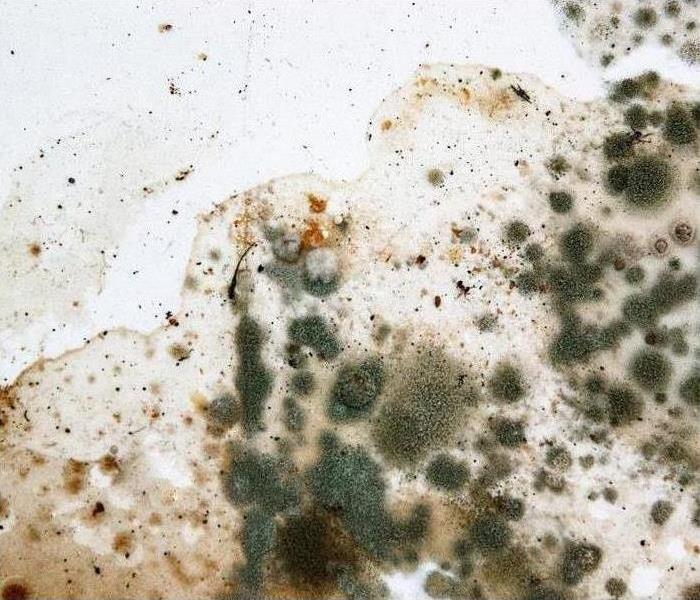3 Reasons That Property Managers Could Face a Mold Damage Lawsuit
3/9/2022 (Permalink)
3 Reasons Why a Mold Damage Lawsuit Might Be Filed Against a Property Manager
As a commercial property manager in Knoxville, TN, you have certain responsibilities when it comes to issues of mold in the buildings that you manage. Mold can be a touchy subject, because mold insurance claims tend to be nebulous. Many insurance companies have riders that exclude mold damage so you have to have a secondary insurance plan of some sort—it can be confusing! Here are three reasons why you as a property manager could face a mold damage lawsuit. Understanding the possibilities will help you to ensure that you have the proper coverage.
1. Property Damage
If it is discovered that mold has damaged the tenant's property or products, the mold claim will likely be over who is responsible for paying for damages and how much things are worth. One way to avoid this issue is to have the building inspected before you rent it and come to a formal, written agreement with the tenants about who is responsible for what in the event of damaged property.
2. Commercial Fitness
Commercial buildings don't have to be inhabitable the way residential buildings do, but they do have to allow for the intended business to function. If a tenant feels that the building is no longer fit for its intended use, then lawsuits over mold insurance claims could result.
3. Prevention and Remediation
Preventing mold growth and remediating existing mold are probably the most common reasons that property managers could find themselves involved in a lawsuit. Mold prevention looks like responding to concerns about leaks and dampness while remediation is about repairing an existing problem.
Especially if you've agreed with your tenant about who is responsible for what aspect of mold remediation and prevention, keeping up your end of the bargain and maintaining good records will help you if you are faced with a legal dispute. When in doubt, hire a professional mold remediation specialist to provide an assessment.
Although mold insurance claims that result in a lawsuit at a commercial property are less common than at a residential one, it's important to know what responsibilities you have and how to prepare for them.






 24/7 Emergency Service
24/7 Emergency Service
